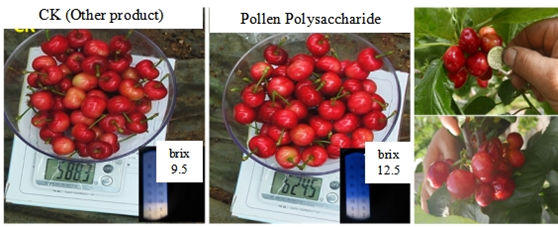Innovations Proliferate Food Security
The global exchange of agricultural goods — of which the US farmer is a major contributor — provides a number of comprehensive benefits, including affordable food for importing nations, income for farmers, and a boost to the entire economy of exporting countries.
The top 10 destinations for agricultural exports have varied little since 1990, though we have seen a rise of exports to Canada, Mexico, the rest of the Americas and Asia. Yet a focus on additional trade agreements continues to escalate, including the United States-Korea Free Trade Agreement (KORUS FTA), for which President Obama has recently proclaimed he is working to remove all final obstacles and gain congressional approval. House Agriculture Committee Chairman Collin Peterson also continues to push for the passage of his bill, the Travel Restriction Reform and Export Enhancement Act. Similar to KORUS, this bill aims to facilitate expanded agricultural trade between the US and Cuba. While there are those like Congressman Peterson who are reliable promoters of open and fair trade, words alone are not getting the job done for America’s trade agenda.
According to the US Department of Agriculture (USDA), US agricultural exports totaled more than $98 billion in 2009, while imports into our country stood at over $71 billion. During the 2009 fiscal year, the US exported almost $6 billion worth of wheat, $9.3 billion in corn and more than $13 billion in soybeans. From just these staples, growers exported 105 million metric tons of food.
Yet for farmers to be able to provide the food, fuel and fiber in an active global trade environment, they will require a stable homefront. As such, CropLife America (CLA) is focusing on the upcoming 2012 Farm Bill. While still two years away, agricultural stakeholders and policymakers are already beginning to discuss this important piece of legislation. For the 2008 Farm Bill, CLA advocated for the inclusion of research and education programs intrinsic to advancing modern agriculture and promoting innovative farming practices. We are following much of the same interests for the 2012 Farm Bill, as the US must offer farmers all the tools they need to remain competitive in a global market.
CLA held its inaugural National Policy Conference in July. We hope to begin the discussion about what the world and farmers truly need. From this, informed legislators can begin to develop new policy which helps growers in the US, and also those abroad who depend on crop imports. When a vibrant and well-equipped agricultural community at home is paired with the thriving global trade network that policymakers continue to push, America can play an important role in meeting food needs across the globe.





